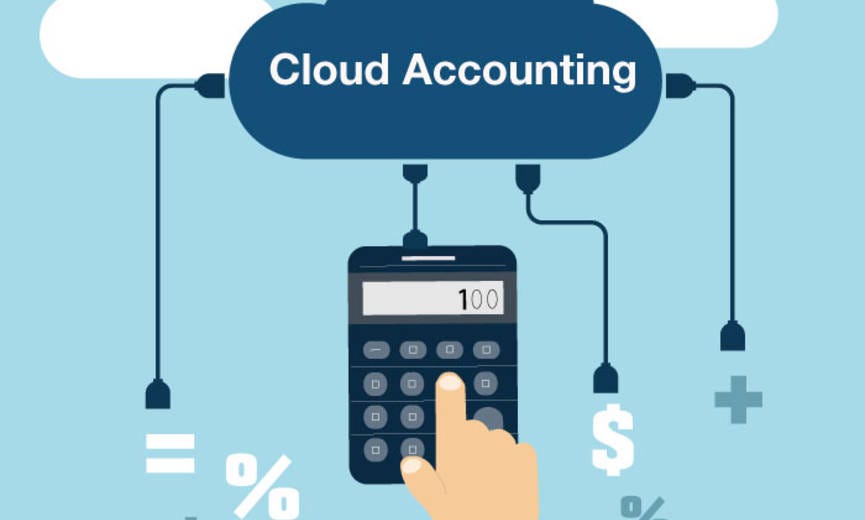In today’s fast-paced digital landscape, efficient bookkeeping is imperative for businesses to thrive. Fortunately, there is a myriad of online accounting tools available to streamline this process, offering features tailored to various business needs. One of the top contenders in this arena is QuickBooks Online. Renowned for its user-friendly interface and comprehensive features, QuickBooks Online allows businesses to manage expenses, track income and expenses, generate invoices, and reconcile accounts seamlessly. Its cloud-based nature enables access from anywhere, facilitating real-time collaboration between team members and accountants. Moreover, it integrates with numerous third-party apps, extending its functionality even further. Another prominent player in the online accounting realm is Xerox. Designed with small to medium-sized businesses in mind, Xerox boasts intuitive features that simplify invoicing, bank reconciliation, and expense tracking. Its dashboard provides a clear overview of financials, aiding in informed decision-making. Additionally, Xero’s robust reporting tools offer insights into cash flow, profitability, and more, empowering businesses to strategize effectively. With its emphasis on automation, Xerox minimizes manual data entry, saving valuable time for entrepreneurs.

FreshBooks is another noteworthy tool catering to freelancers and service-based businesses. Recognized for its simplicity and accessibility, FreshBooks excels in invoicing, time tracking, and expense management. Its intuitive interface makes it easy for users to create professional-looking invoices and receive payments online Accountancy Software. Moreover, FreshBooks offers customizable reports that provide valuable insights into business performance, facilitating informed decision-making. With features like automated late payment reminders and recurring invoices, FreshBooks helps businesses maintain healthy cash flow effortlessly. Wave Accounting stands out as a free, user-friendly solution tailored to small businesses and entrepreneurs. Despite its no-cost nature, Wave offers robust features for invoicing, expense tracking, and receipt scanning. Its seamless integration with payment processors enables businesses to accept online payments conveniently. Wave’s dashboard provides a comprehensive overview of financials, including profit and loss statements and sales tax reports. While lacking some advanced features found in premium tools, Wave remains a reliable option for budget-conscious businesses seeking essential accounting functionalities. For e-commerce businesses, Shopify’s integrated accounting capabilities are invaluable.
As a leading e-commerce platform, Shopify simplifies online store management, including inventory tracking, order fulfillment, and payment processing. Its integration with accounting software like QuickBooks and Xerox ensures seamless synchronization of sales data, streamlining bookkeeping tasks. Shopify’s reporting tools offer insights into sales trends, customer behavior, and inventory performance, empowering businesses to optimize their operations and maximize profitability. Lastly, Books emerges as a versatile accounting solution suitable for businesses of all sizes. Combining invoicing, expense tracking, inventory management, and robust reporting capabilities, Books offers a comprehensive suite of tools to streamline financial operations. Its customizable workflows cater to diverse business needs, while automation features minimize manual intervention, enhancing efficiency. Books also integrates seamlessly with other applications, fostering a cohesive ecosystem for business management. From industry giants like QuickBooks Online and Xerox to specialized platforms like FreshBooks and Wave Accounting, these tools offer the features and flexibility necessary to propel your business towards success in the digital age.